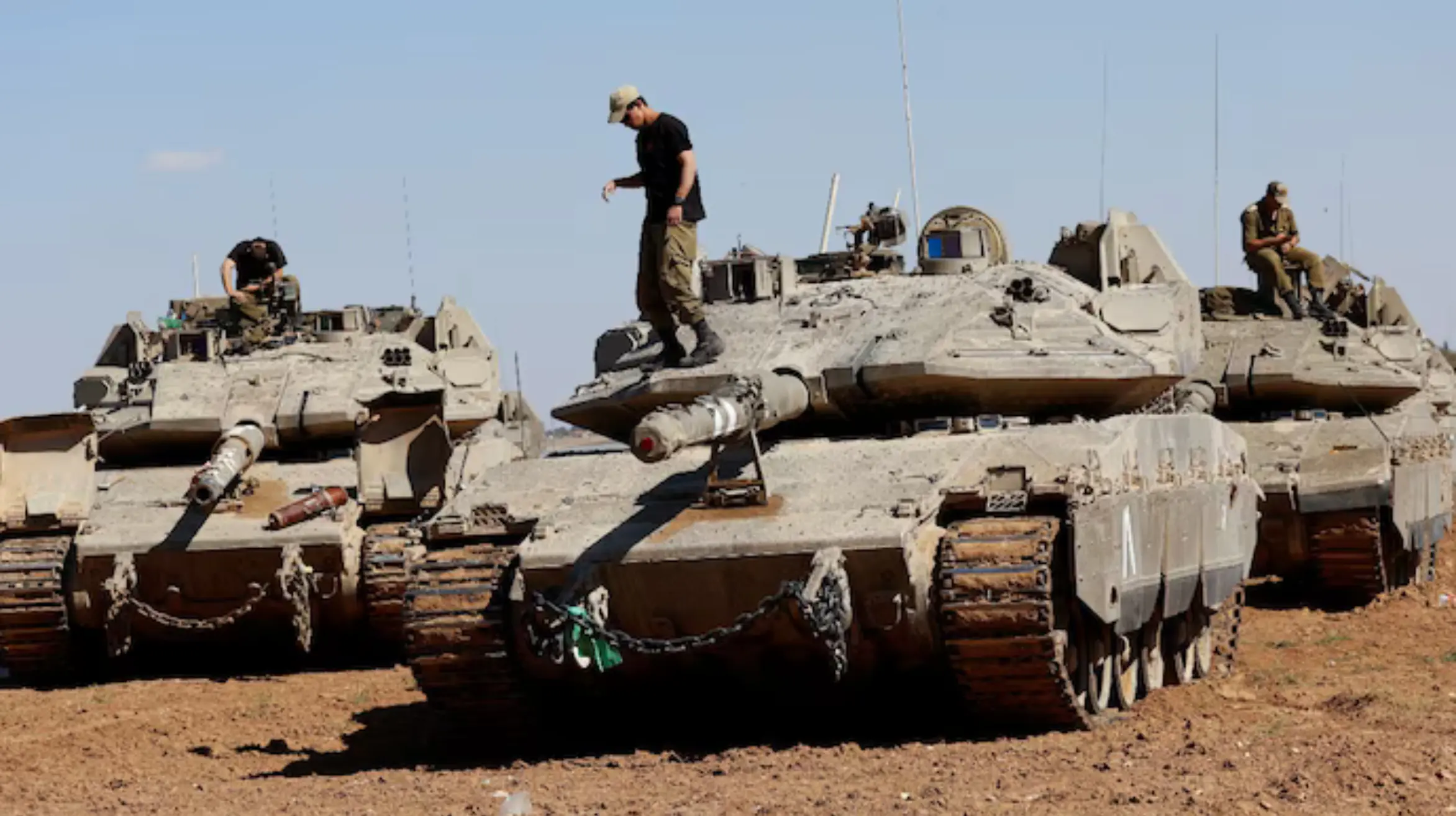USA (Washington Insider Magazine)—In a recent statement, White House National Security Council spokesman John Kirby reiterated the United States’ stance regarding a potential major ground offensive by Israel in Rafah. Kirby emphasized that in such an event, the US would withhold certain categories of weapons that could support such an operation, aligning with a previous warning issued by President Joe Biden.
Caution Against Military Escalation
Kirby highlighted the US concern over the possibility of Israel “storming into Rafah,” stating that such actions would not serve the shared goal of achieving a sustainable and lasting defeat of Hamas. Instead, the US aims to collaborate with Israel on exploring alternative strategies to address the situation.
Exploring Alternatives
The White House spokesperson outlined alternative approaches to a major military offensive in Rafah, including bolstering the border between Egypt and Gaza to prevent weapon smuggling to Hamas. He noted that the recent Israeli operation to seize the Palestinian side of the Rafah crossing aligns with some of these alternative proposals, albeit with ongoing US monitoring to ensure its scope remains limited.
Targeted Operations and Governance
According to Israelnoticias, Kirby discussed the possibility of more targeted operations against Hamas leadership, which the US has supported Israel in conducting thus far. Additionally, the US is encouraging Israel to consider establishing an alternative governance structure in Gaza to prevent Hamas from retaining control post-conflict.
Humanitarian Efforts
In conclusion, Kirby emphasized ongoing efforts between the US and Israel to create safe spaces in Rafah, equipped with essential amenities and medical facilities, to accommodate civilians affected by the conflict.
Continued Collaboration
Throughout the statement, Kirby underscored the commitment of the United States to collaborate closely with Israel in addressing the situation in Rafah while pursuing strategies that align with broader objectives of stability and security in the region.


























